What is the NBN and how does it work?
- Written by NewsServices.com
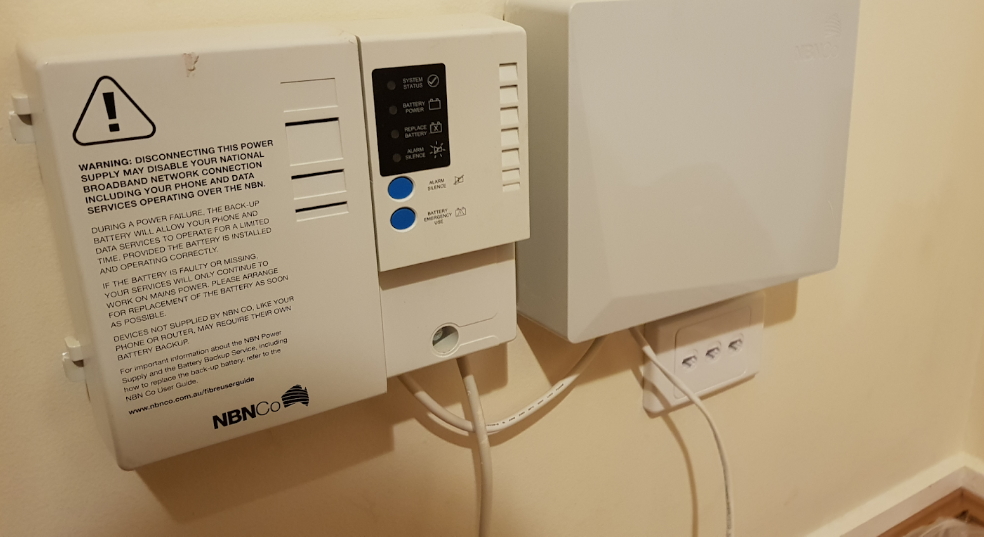
Internet speeds in Australia are just as fast as they are in the US. And while the nbn is a digital future for the country, it’s also the present. Over 80% of Australian customers have access to the nbn™.
Although most people understand how to use the ADSL internet, the NBN is a little bit different. One reason for this is the wide range of technology types, which each have its own set of rules of connectivity in the national broadband network.
The national broadband network is being rolled out gradually across the country with the goal of connecting eight million homes and businesses in Australia. Moveinconnect in Australia can suggest the right NBN plan and provider in your area, and you can save your time and effort.
Please keep reading and know more about NBN.
What is the National Broadband Network?
The National Broadband Network is Australia’s national data network project. The government-owned and operated system provides high-speed broadband connections to citizens and residents at home, work, and in between. Service providers connect to the network to provide fast internet for consumers, who are then able to browse the web without bottleneck interruptions or the frustration of buffering.
Why do we need the nbn™?
The existing national infrastructure for telecommunications is getting old. By rolling out the nbn™, the Australian government is upgrading the data network to both improve phone and Internet service. The nbn™ is one of the largest infrastructure projects in the world, even when you consider all of the people who live outside of Australia and lack reliable or affordable internet. Most residents living in Australia are in just one small section of the country, so some miss out on high-speed web access.
What has changed in National broadband Network?
One major change of the NBN is from copper cables to optical fibre. The reason for this is that optic fibre can transmit data much faster and more reliably than copper cables. The internet has become not just basic service, but an essential one. We have more devices connected to it at once, and we're using new technology that requires faster speeds. Copper cables and ADSL technology are only capable of a maximum potential speed of 20Mbps, though most people experience much slower speeds.
How does the nbn™ work?
The network is based on four distinct technologies. Among them are:
- - Optical fibre
- - Pay TV Cable
- - Fixed wireless
- - Satellite
Fibre optic cables are thin strands of glass or plastic that transmit data through light pulses. The nbn™ will be built around these connections because of their long-distance capabilities and the ability to connect multiple users simultaneously.
Fixed wireless is a form of telecommunications that uses microwave transmission to send signals from one point to another.
Satellite broadband is a transmission method reserved for places where wireless broadband is not available. This means that it's perfect for hard to reach areas such as mountainous or forested regions. To get a satellite, you need a dish to send broadband data to your home or business.
Be sure to plan your nbn connection installation carefully. Hiring a professional (such as NBN) to install the network is key. As the name suggests, it does require some careful thought. For example, homes and businesses must be sure to upgrade cables so that they can get the fastest speeds possible when accessing the internet.
The types of nbn connection
The National Broadband Network is a system relying on three kinds of fibre: FTTP, FTTB, and FTTN. These fibre types all provide data connectivity for the nbn™, but each has its own unique properties. FTTP is an excellent choice for homes with high bandwidth needs and an unlimited usage plan. FTTB is best for buildings that are dense with offices and businesses. Finally, FTTN offers almost limitless potential to expand coverage, with some caveats.
Conclusion
The nbn™ infrastructure is a reliable and practical way to deliver high-speed Internet service to all Australians. The infrastructure is available in all areas, including city, town, and rural regions. Service providers have a simple connection to the nbn™, and then homes can have fast phone and Internet service through their service provider.



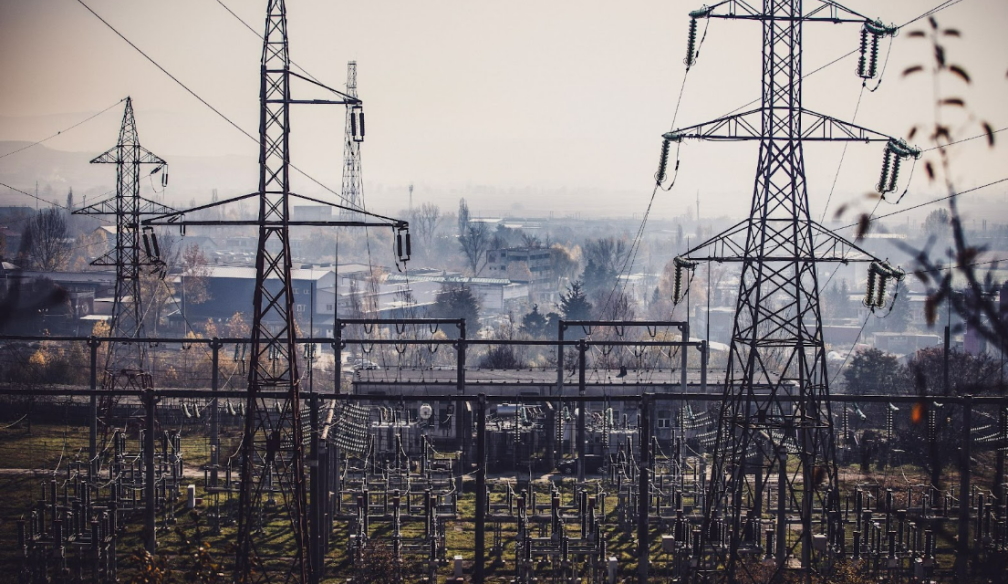
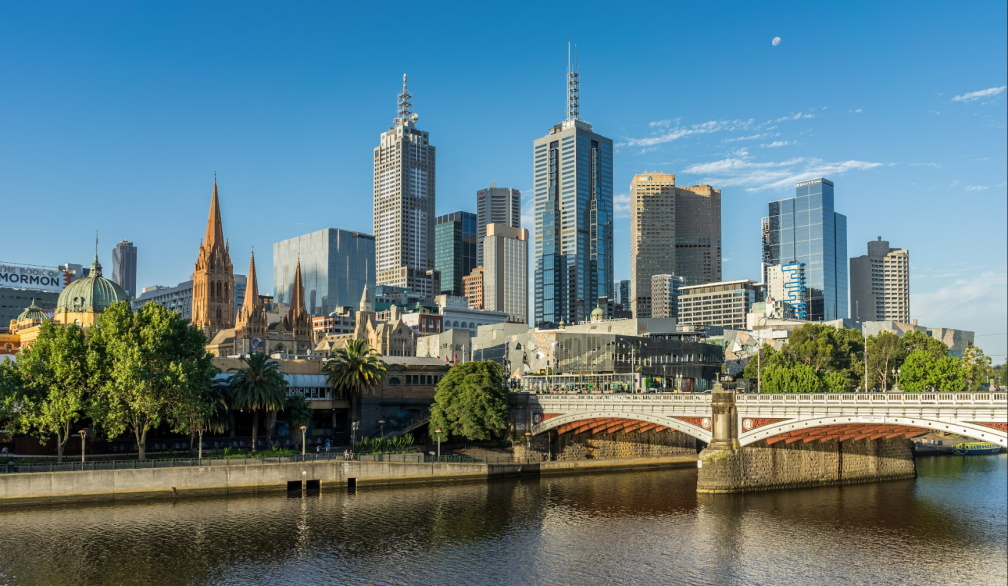
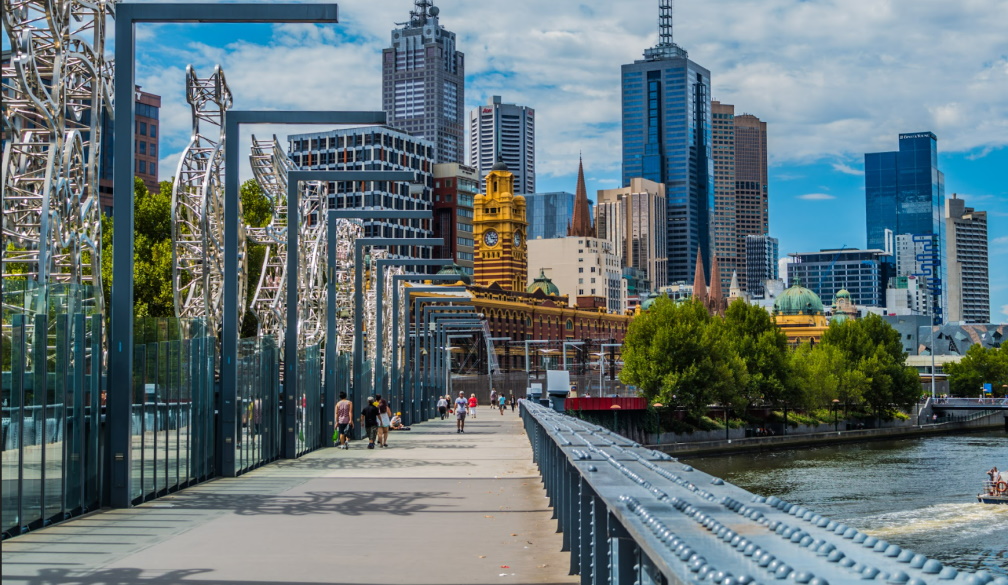

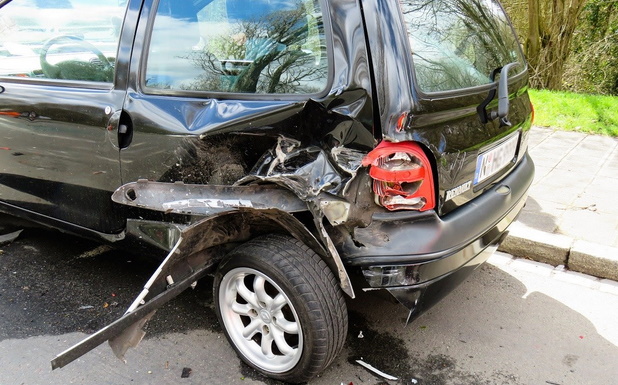
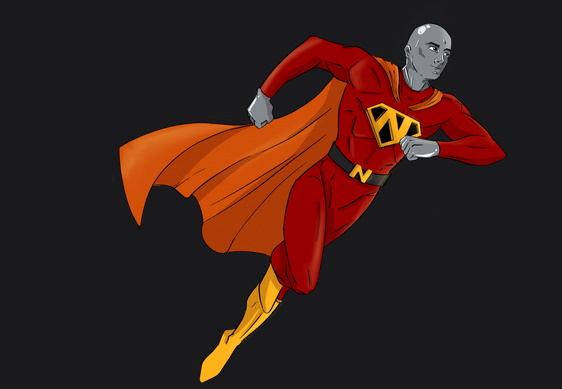
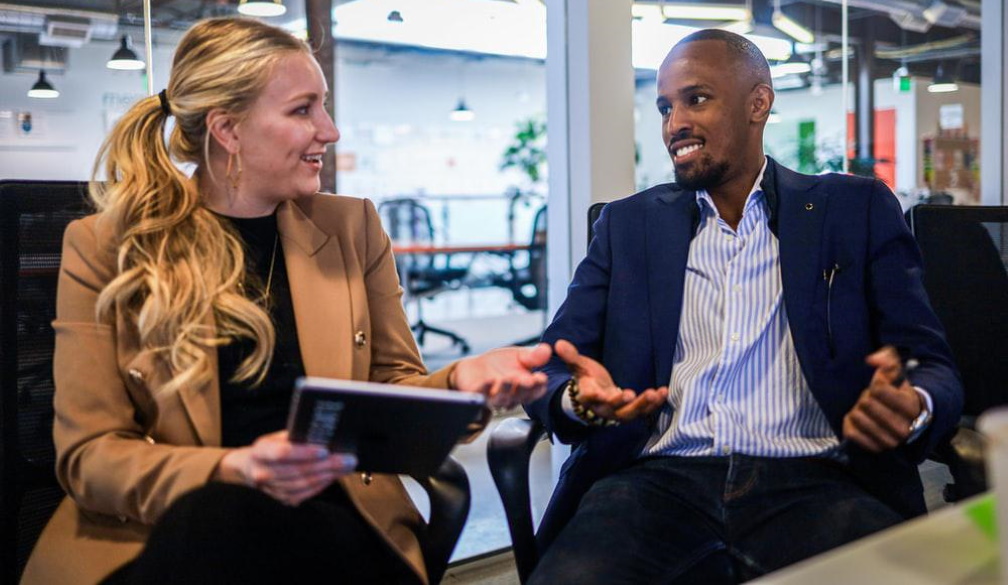

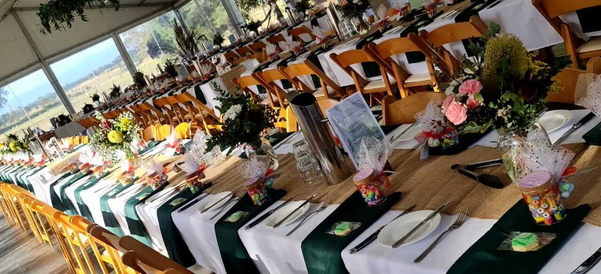

.png)

